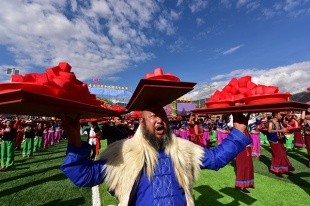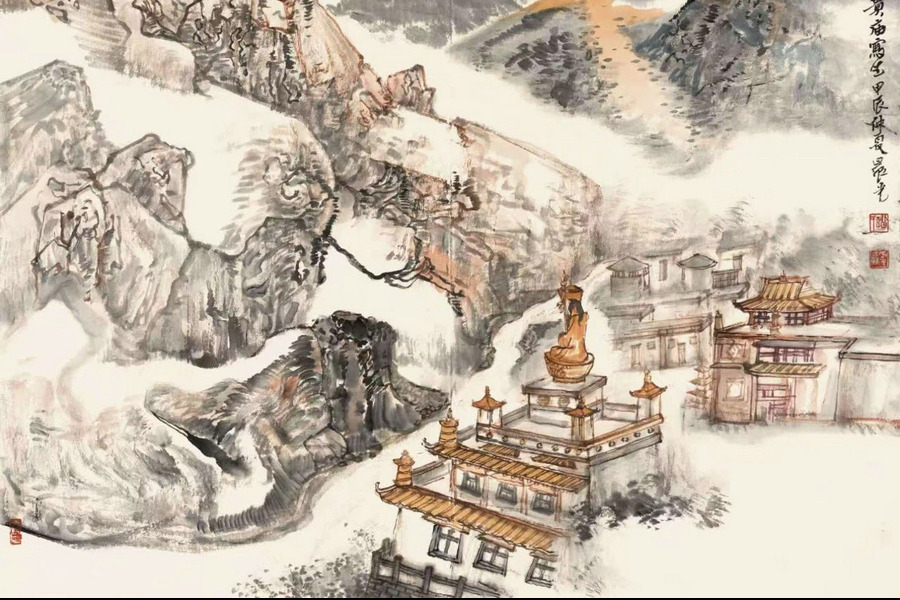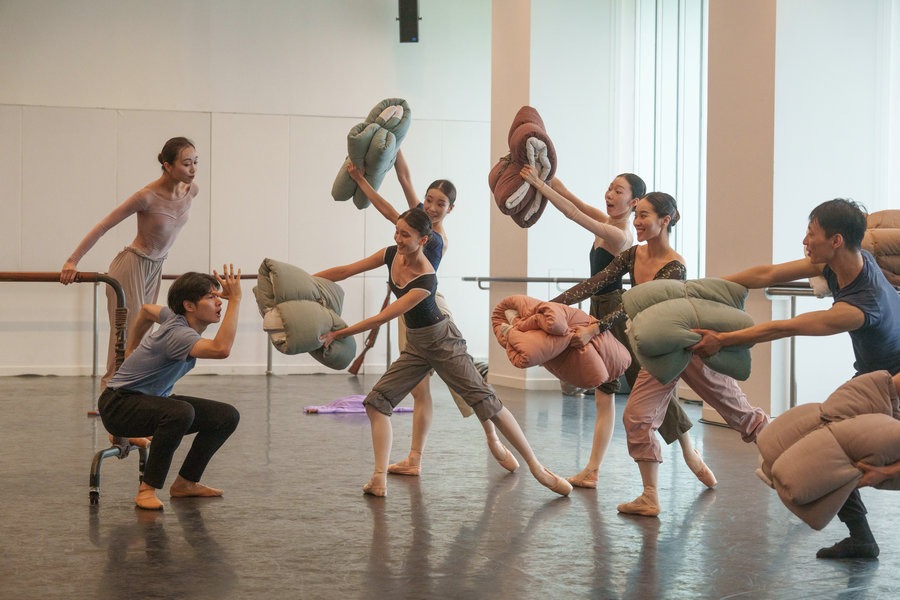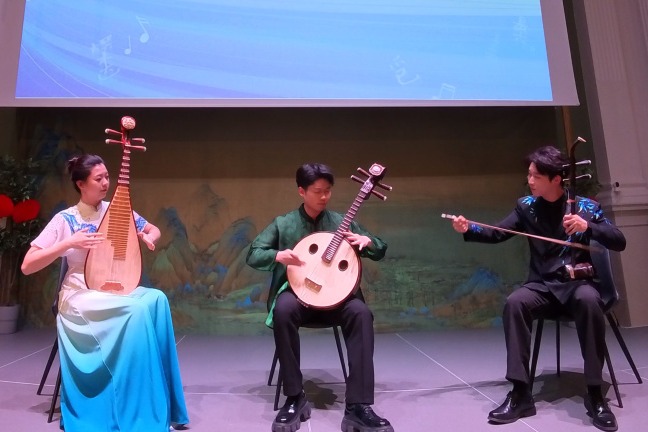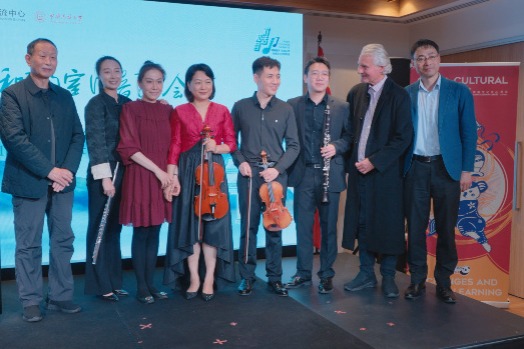Journey to discover folk
Inspired by a book, singer Gong Linna goes on an expedition to find the people who keep China's musical legacies alive, Chen Nan reports.

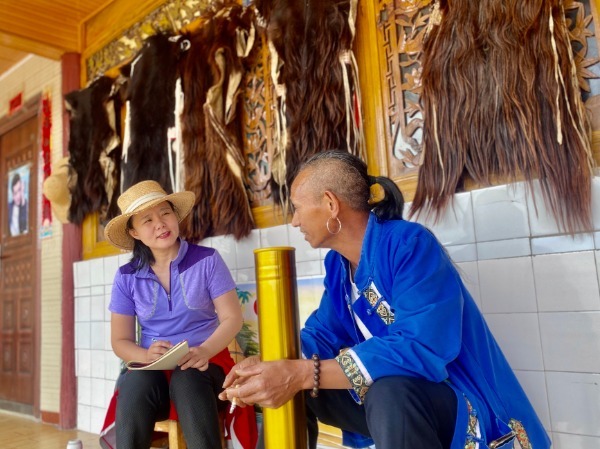
Chinese singer Gong Linna has been forced to cancel or postpone all of her upcoming shows due to the coronavirus pandemic, including an April concert at Stanford University in the United States, which has been postponed until early 2021.
Since January, the singer has been staying at her home in Dali, Southwest China's Yunnan province, where she has had lots of time to read books and listen to music.
When she opened the book, Collection of Chinese Folk Music, written by professor He Yunfeng from the Central Conservatory of Music, Gong was intrigued.
The book, which introduces the history and culture of Chinese ethnic groups' music and collects nearly 600 songs of Chinese ethnic groups, inspired Gong to explore Chinese folk music.
"I bought the book about two years ago, but I was busy with touring and I didn't have enough time to read it. The viral outbreak has allowed me to slow down. When I read the book, listened to the folk songs and read the Mandarin translation of the lyrics, which are mostly performed in local dialects, I was so interested and I thought why not explore those folk songs by traveling to those villages mentioned in the book by myself?" says Gong, who was born in Guiyang, the capital of Southwest China's Guizhou province. She started learning Chinese folk singing at a very young age and enrolled at the Chinese Conservatory of Music in Beijing at the age of 16. She achieved fame in 2010 by performing the song, Tan Te, which was written by her husband, German composer Robert Zollitsch, better known among Chinese audiences as Lao Luo.
The couple has been devoted to promoting and popularizing Chinese folk songs, traditional musical instruments and traditional culture by releasing songs based on traditional poems and the 24 Solar Terms.


